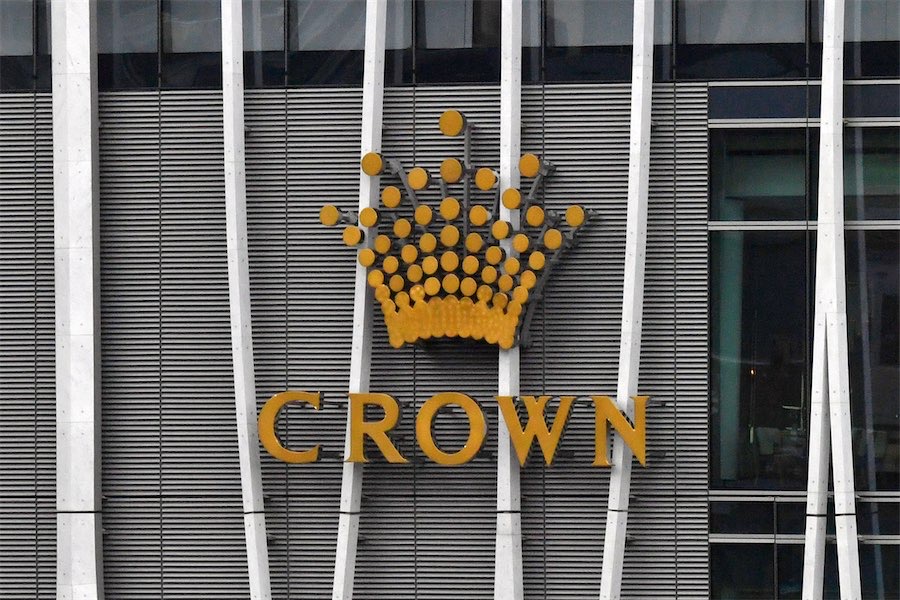
By Derek Rose in Sydney
INFLATION decelerated in January faster than economists were expecting, although price increases were still elevated by historical levels.
Consumer Price Index figures released by the Australian Bureau of Statistics on Wednesday showed retail prices rising 7.4 per cent in the 12 months to January, down from 8.4 per cent in the year to December.
Consensus expectations were for a 8.1 per cent rise in the year to January.
“Seems peak inflation is behind us,” tweeted eToro Australia analyst Josh Gilbert.
The Australian dollar dropped sharply around the same time as the 11.30am AEDT data release, falling from 67.30 US cents to 66.96 US cents, its lowest level since December.
The CPI readout occurred at the same time as weak fourth-quarter gross domestic product figures were released. Both sets of figures could arguably be seen as supporting a pause in the Reserve Bank’s rate-hike campaign next week.
“There is little in today’s data that suggest Australia’s inflation problem is solved,” wrote Sean Langcake, head of macroeconomic forecasting for BIS Oxford Economics.
“Growth in the domestic prices, aided by softer inflation for construction materials.”
The most significant price rises were in the same categories as December – housing (up 9.8 per cent); food and non-alcoholic drink (up 8.2 per cent); and recreation and culture (a 10.2 per cent rise).
New dwelling prices rose 14.7 per cent in the year to January, as builders passed through higher costs for labour and materials and government housing construction grants slowed or ended.
Rent prices also rose further, climbing from an annual rise of 4.1 per cent in December to 4.8 per cent in January, “reflecting low vacancy rates and a tight rental market”, the ABS said.
The increase in food prices reflects high input costs such as wages, freight and supply disruption, the ABS said.
The annual movement for CPI excluding volatile items – such as fruits and vegetables and petrol – rose 7.2 per cent in January, down from 8.1 per cent in December.
Who can be trusted?
In a world of spin and confusion, there’s never been a more important time to support independent journalism in Canberra.
If you trust our work online and want to enforce the power of independent voices, I invite you to make a small contribution.
Every dollar of support is invested back into our journalism to help keep citynews.com.au strong and free.
Thank you,
Ian Meikle, editor





Leave a Reply